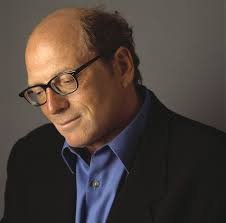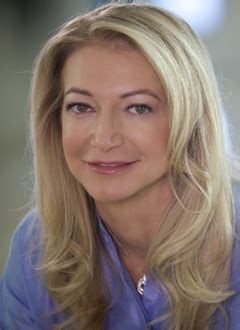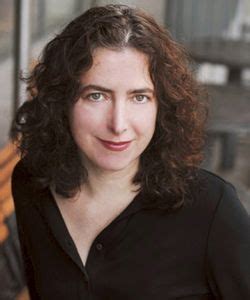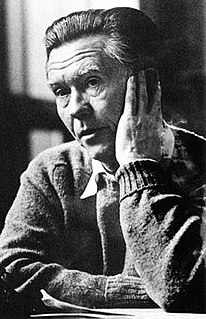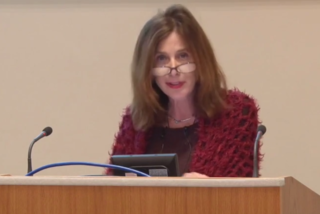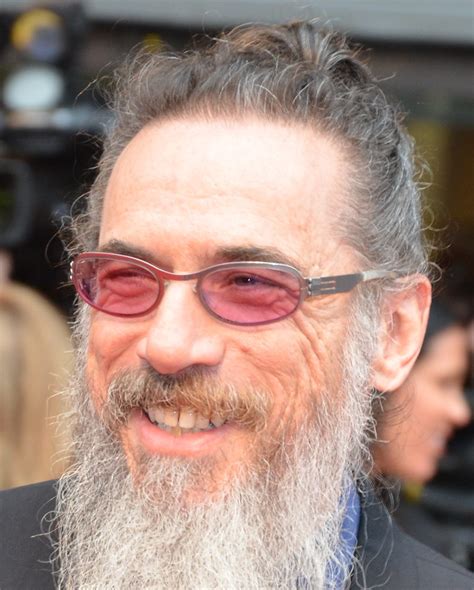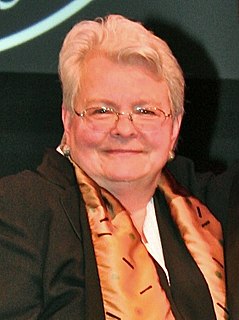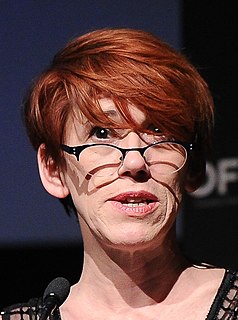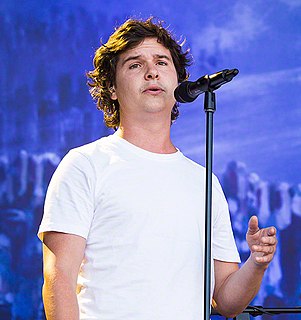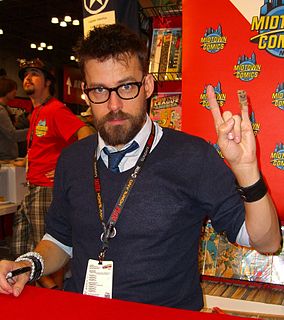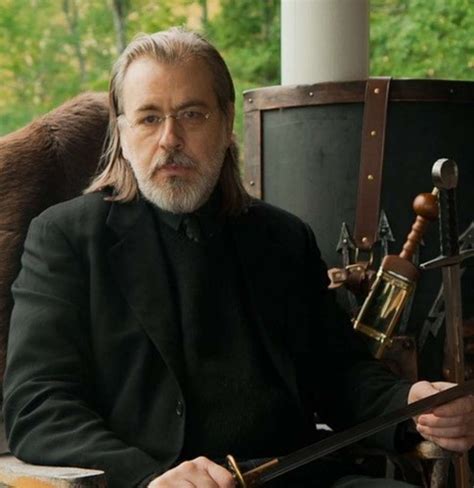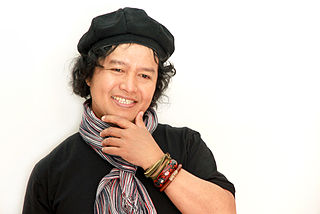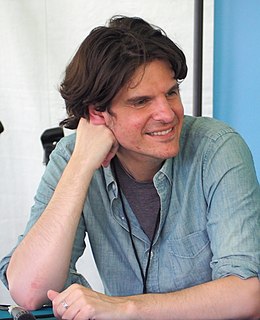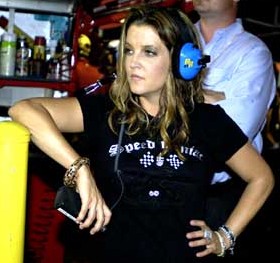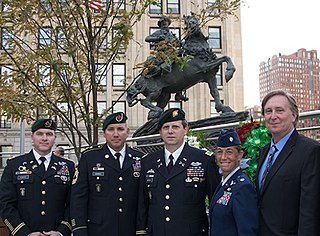Top 1200 Writing By Writers Quotes & Sayings - Page 20
Explore popular Writing By Writers quotes.
Last updated on April 19, 2025.
Teaching and writing, really, they support and nourish each other, and they foster good thinking. Because when you show up in the classroom, you may have on the mantle of authority, but in fact, you're just a writer helping other writers think through their problems. Your experience with the problems you've tried to solve comes into play in how you try to teach them to solve their problems.
If I write a paragraph and I don't get a certain lift from it, if I don't feel connected to it emotionally, then it's dead to me. When I'm reading other fiction writers, if I don't get any emotional investment from the writer, if it's just intellectual or clever - you know, most writing that passes as deep is just clever - I don't feel any connection.
I really want to do roles that have some substance, and I hope writers give us that importance. I can't alone stand up and demand roles like that. It's a collective thing. Writers have to believe in heroines and understand that there's more to a woman than just her curves. It's not that they can't do it. They just choose not to.
My writing process is very feedback based - I listen to the audience. I try to understand what's connecting, what's not connecting... and then rewrite, and rewrite, and rewrite. Chris Gethard and I have been on the road a lot together. When we get on the bus at night, we talk about the jokes that didn't work and the joke possibilities that could work. I think this is a little different from other writers.
I had started writing as a poet in a closed, post-Revival, claustrophobic world, where the shadows of the national upheaval and the intense effort - the intense self-conscious effort - to make a literary movement were still evident. Now we lived a life as writers that was more cosmopolitan, more open, that had more travel and exchange.
The daily writing practice is something I used to hear batted around a lot in writing workshops - which is probably why I dropped out of all the writing workshops. I wish I could take credit for innovating a new approach to writing, but the truth is that I've managed to write books despite myself. I'm lazy and ungovernable and undisciplined, but I do have a lot of anxiety about never amounting to anything and ending up as a bag lady.
There's the fact that American fiction is basically the most apolitical fiction on the globe. A South American writer wouldn't dare think of writing a novel if it didn't allude to the system into which these people are orchestrated - or an Eastern European writer, or a Russian writer, or a Chinese writer. Only American writers are able to imagine that the government and the corporations - all of it - seem to have no effect whatsoever.
I have this feeling of wending my way or plundering through a mysterious jungle of possibilities when I am writing. This jungle has not been explored by previous writers. It never will be explored. It's endlessly varying as we progress through the experience of time. These words that occur to me come out of my relation to the language which is developing even as I am using it.
The process of writing a book is infinitely more important than the book that is completed as a result of the writing, let alone the success or failure that book may have after it is written . . . the book is merely a symbol of the writing. In writing the book, I am living. I am growing. I am tapping myself. I am changing. The process is the product.
Writers must fortify themselves with pride and egotism as best they can. The process is analogous to using sandbags and loose timbers to protect a house against flood. Writers are vulnerable creatures like anyone else. For what do they have in reality? Not sandbags, not timbers. Just a flimsy reputation and a name.
The Huffingtonpost.com does not pay its writers. Tina Brown's thedailybeast.com does pay its writers. You have to be paid because this is not a hobby. You have to keep that standard. You can't ask grandpa to loan you money because you have to go to Afghanistan. I walked the picket line for that to continue.
I never sat down and wrote, but what I do is kind of act as a dramaturge for the piece. I am sitting with the writers. I'm discussing ideas with the writers and concepts. We're debating and having a dialectic where we are taking a lot of different ideas and trying to synthesize them into the right idea. I'm very much a part of that process. That's my job as the director.
I felt like my favorite writers have almost musical hooks in their work, whether it's poetry or a hook at the end of a chapter that makes you want to read the next one. And I think that my favorite writers definitely have something musical about what they do, in saying something so relatable and universal and so simple.
I've never really felt that being part of a literary community is all that important. It can be extremely detrimental to a writer. It can damage successful writers by giving them an exalted sense of what they've done, and it can crush less successful writers by infecting them with envy and malice at an early stage in their careers.
I've worked on other shows where the sense is like, "Well, don't change it too much," you know? But on this one [ Too Much Tuna], Nick [Kroll] and John [Mulaney] - beyond being amazing performers - are also writers, and wanted to keep improving upon the show, particularly the play within a play. I think the writing just got funnier and funnier.
In my mind, only one inviolable precept exists in terms of being a successful writer: you have to write. The unspoken sub-laws of that one precept are: to write, you must start writing and then finish writing. And then, most likely, start writing all over again because this writing "thing" is one long and endless ride on a really weird (but pretty awesome) carousel. Cue the calliope music.
I had a teacher once who said, "If you are going to write fiction, you should only read poetry." I have always been interested in the writers who care about their sentences and who really work on that level. I have always said that I hate writing, I love revision. So, the language is really important to me. And the comedy and the horror that come out of the language.
Most writers I know have switched to word processors. I haven't but I'm very curious about why people like it so much. I think it has something to do with the fact that at last writing, which has been such an old-fashioned, artisanal activity, even on a typewriter, has now entered the central domain of modern experience which is that of making copies, being involved in the world of duplicates and machine-mediated activities.


